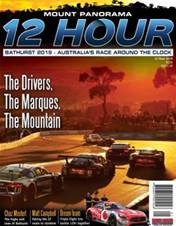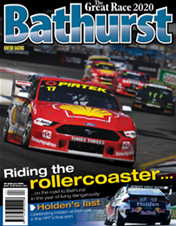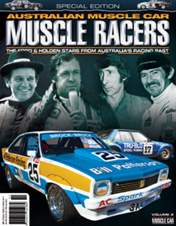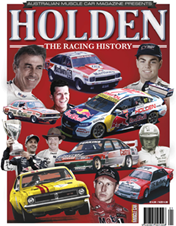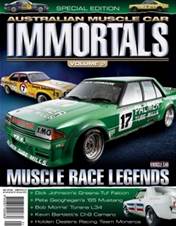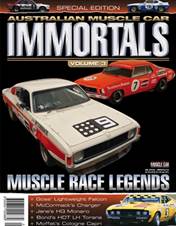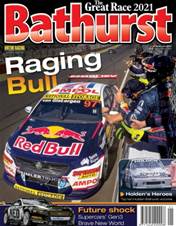This VH Valiant Charger does not have a Bathurst history. But it’s got a direct connection to two of the key men behind Chrysler’s Australia’s racing programme in the early 1970s – men who might be described as the fathers of classic Chrysler Bathurst models such as Charger E37, E38 and E49.
The late John Ellis was the Chrysler engineer responsible for the racing effort in the early 1970s, and Leo Geoghegan was factory Chrysler team’s lead driver. Together, Ellis and Geoghegan developed the specifications of these classic Charger Bathurst models.
What makes this particular ’71-model Valiant VH 770 Charger E37 Six Pack special is that it was owned and modified by Ellis, and driven by Geoghegan.
Ellis purchased car in January 1999, and reunited with Geoghegan to compete in it in Classic Adelaide tarmac rally events in the early 2000s, with Leo driving and John navigating. Geoghegan and Ellis have both signed the car under the bonnet.

The car was delivered new in 1971 to NSW Tamworth Chrysler dealer Harold Kensell. It was optioned with E37 Six Pack Weber triple carburettors, and added front quarter vents and delete rear pop out windows (option code G60). [Note the G60 option code was not stamped on the body plate but is detailed in the Valiant Infobase report commissioned by John Ellis that accompanies the car.]
During Ellis' ownership, he reversed the G60 option by removing the quarter vents and installing rear pop out windows.
Reportedly, Kensell had wanted a full-house E38 Charger but had to settle for this E37 optioned car, which he is said to have soon up-specced with an E38-style long-range racing fuel tank and related components. He may well have also added the R/T stripe package the car still wears today.

At some later stage, the original three-speed manual gearbox was also replaced with an E49 four-speed unit. Ellis and Geoghegan would have loved to have run that gearbox in the Bathurst 500 back in 1971, but Chrysler’s need to meet local content requirements combined with financial constraints meant they were stuck with the three-speed.
Today the car is in excellent condition throughout, finished in its correct factory Hemi Orange paintwork with black vinyl interior.
Its E37 265ci six-cylinder engine has recently been rebuilt, as has the E49 four-speed gearbox, while extensive work done has also been done on other mechanicals, as evidenced by the generous folder of receipts that come with the car.
Some Chrysler aficionados will be familiar with the car because for a time it was a regular on the run from Adelaide to Albury Wodonga for the ‘Chryslers on the Murray' event.
Since 2016 the car has had $24,900 spent on it, which included restoration and rebuilding the engine, gearbox, clutch, brakes and other mechanicals. The work was done by Adelaide Brake and Mechanical and Rick Corbett Engine Reconditioners. Paul Pavlou Motors dyno tuned the engine and rebuilt the Weber carburettors. A set of five tyres were purchased from North Terrace Tyres.
This car is not only a very useable classic Aussie Muscle car but one which has significant provenance relating to the very development of the Charger model in Australia.
The John Ellis Charger will go under the hammer at Donington Auctions on February 25.
John Ellis
Ellis was first employed by Holden in November, 1964. Four years later he left Holden’s Woodville plant to take up a position at Chrysler Australia as a suspension design engineer. The following year he graduated from Adelaide University with a degree in mechanical engineering.
In 1970 – at the age of just 28 – John became Special Programs Manager, responsible to the Director of Engineering for all aspects of the racing and special vehicles programme. That meant preparing Valiant Pacers and Chargers to race at Bathurst in 1970 and 1971.
Having worked with racing legends such as Leo Geoghegan, Norm Beechey and Doug Chivas, John stayed in contact and, much later, he and Geoghegan entered the 2002 Classic Adelaide rally in John’s 1971 E37 Charger, which he’d bought in 1999.
When Chrysler's management made the decision to cease its racing program, John was sent overseas in 1973, going to France on another project for the company.





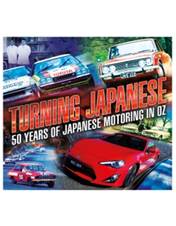
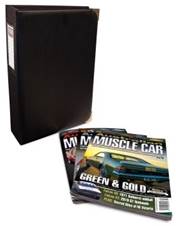
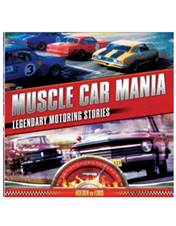
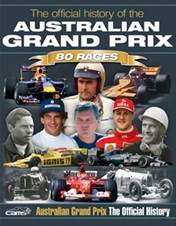
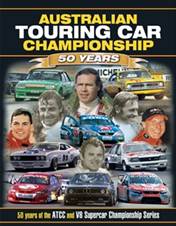
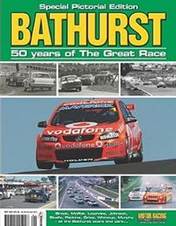
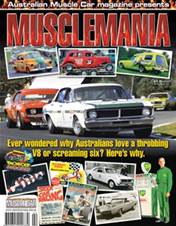
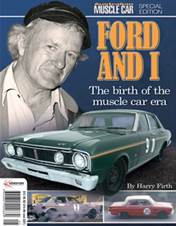
.jpg&q=70&h=226&w=176&c=1&s=1)
